Transportation and Logistics Collaborative

The Transportation and Logistics Collaborative is an initiative of the Global Supply Chain Institute, working with faculty from the Department of Supply Chain Management, Center for Transportation Research, and Baker School of Public Policy and Public Affairs. Grounded in the rich, 80-year tradition of teaching and research in transportation by UT’s business faculty, TLC bolsters the understanding of how transportation systems, policies, and industry interact in the United States.
TLC aims to be a leading contributor to education, research, and benchmarking for executive leadership in the logistics profession. The collaborative works explicitly to support economic development efforts within the field of transportation and logistics in Tennessee and beyond.
The collaborative seeks to:
- Be the first point of contact for information, education, and research in logistics and transportation in Tennessee.
- Act as a repository of information concerning the different facets of the discipline.
- Engage in partnerships that achieve excellence by solving real-world problems that achieve bottom-line impact; graduate students with real-world project experience; produce cutting-edge research that is relevant, applicable, and impactful; and leverage intellectual and monetary capital among partnering organizations through its research efforts.
Founding members of TLC include:
Transportation and Logistics White Papers

Last Mile, Reverse Logistics, and the New World Order in E-Commerce Delivery
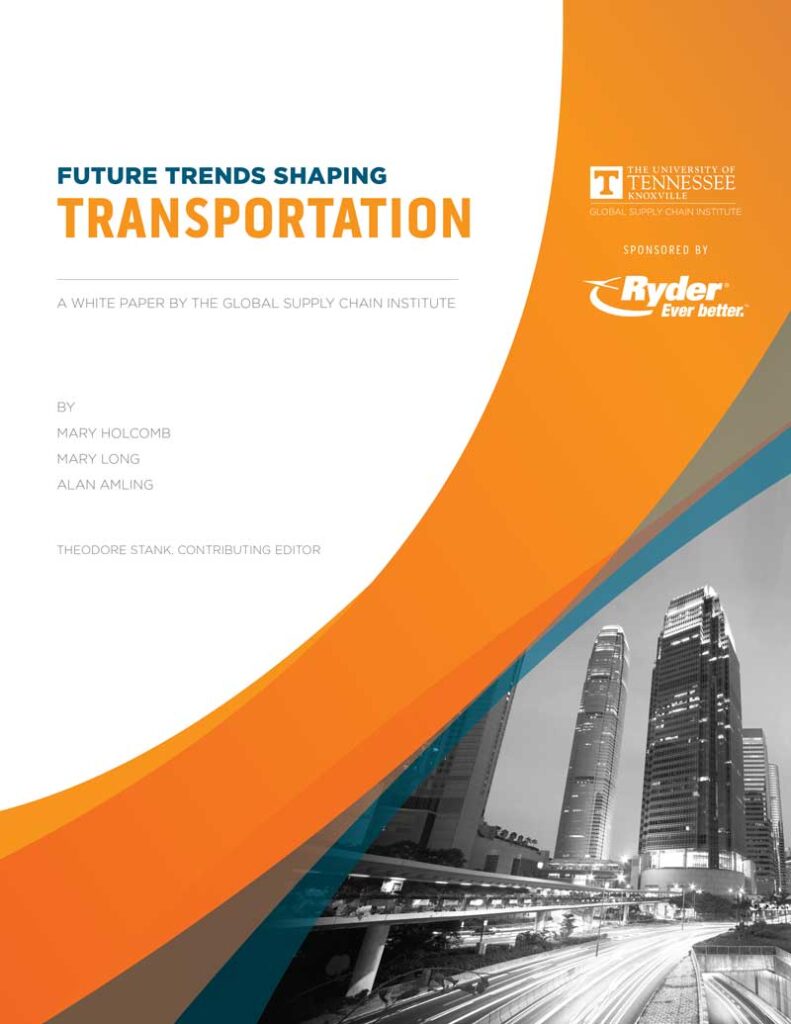
Modern Takes on Transportation in Supply Chain Management
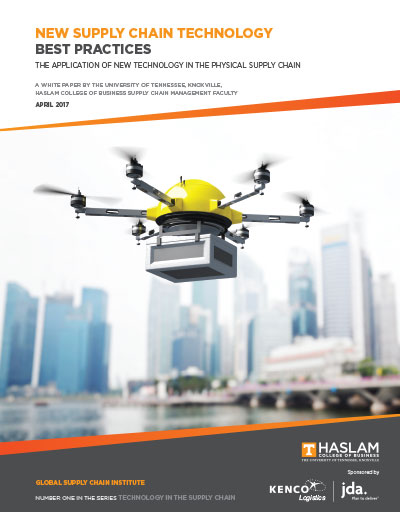
New Supply Chain Technology Best Practices
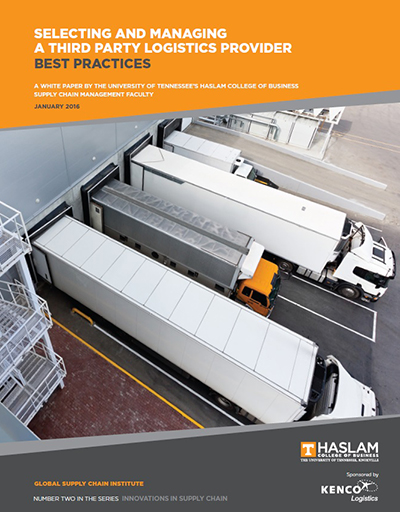
Selecting and Managing a Third-Party Logistics Provider: Best Practices
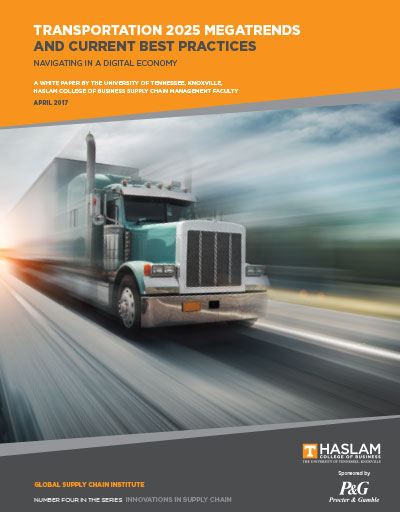
Transportation 2025 MegaTrends and Current Best Practices: Navigating in a Digital Economy
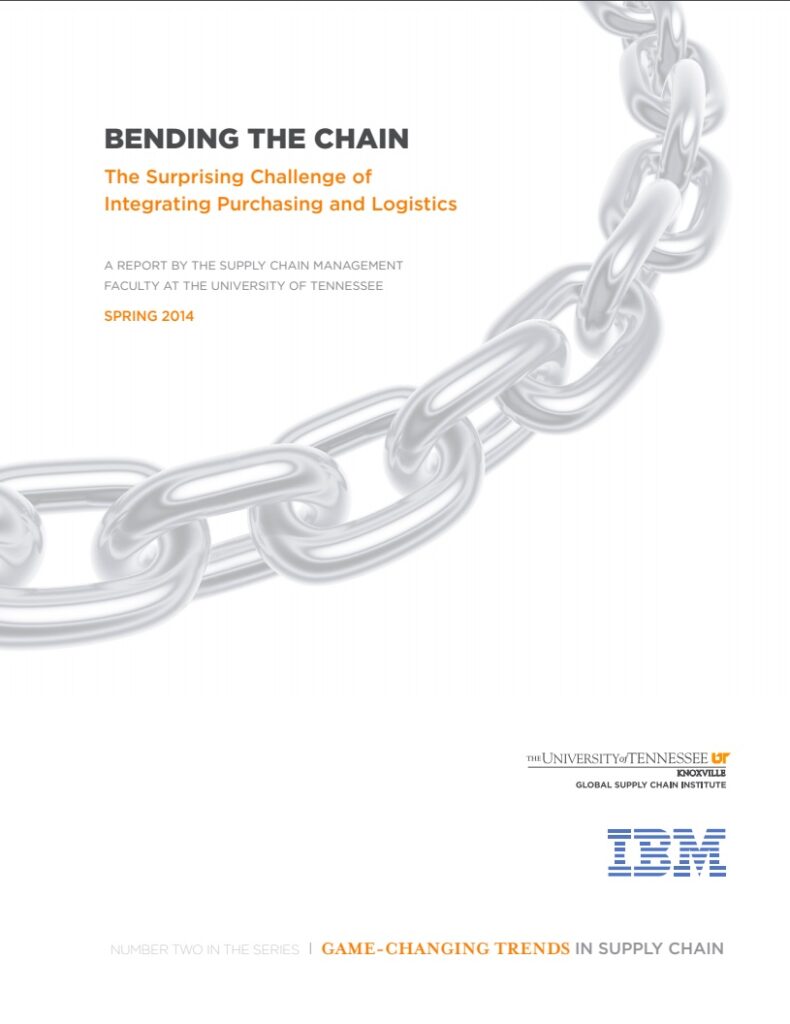
Supply Chain Management Challenges and Best Practices
Transportation and Logistics News

What to Know About Coming US Industry Emissions Reporting Rules

‘Historic’ Teamsters’ Contract Means Labor Can Flex Its Muscles Beyond Supply Chain, Expert Says
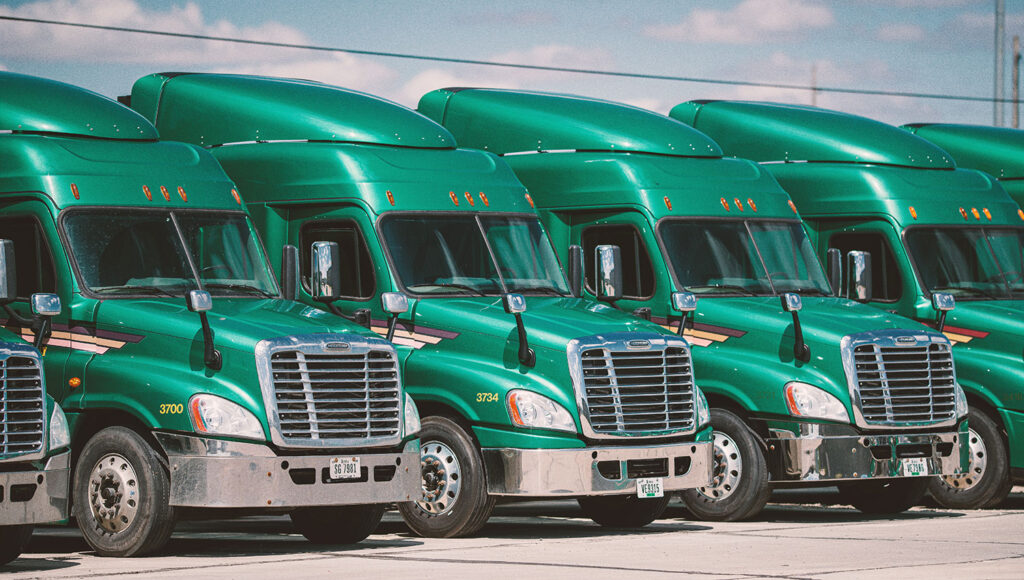
Making Sense of Sustainability Reporting Requirements
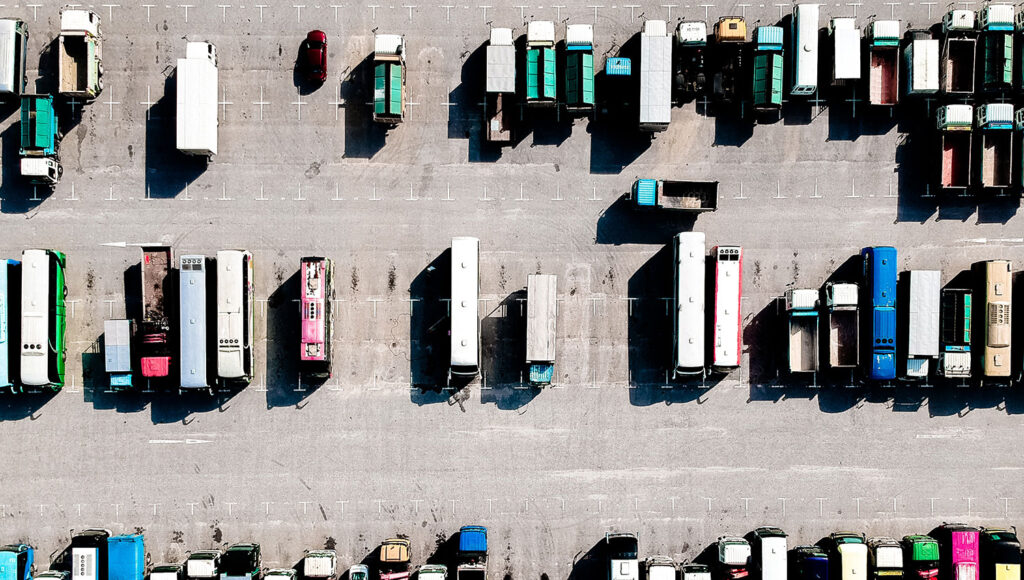
New GSCI Collaborative Continues Rich History of Leadership in Transportation and Logistics
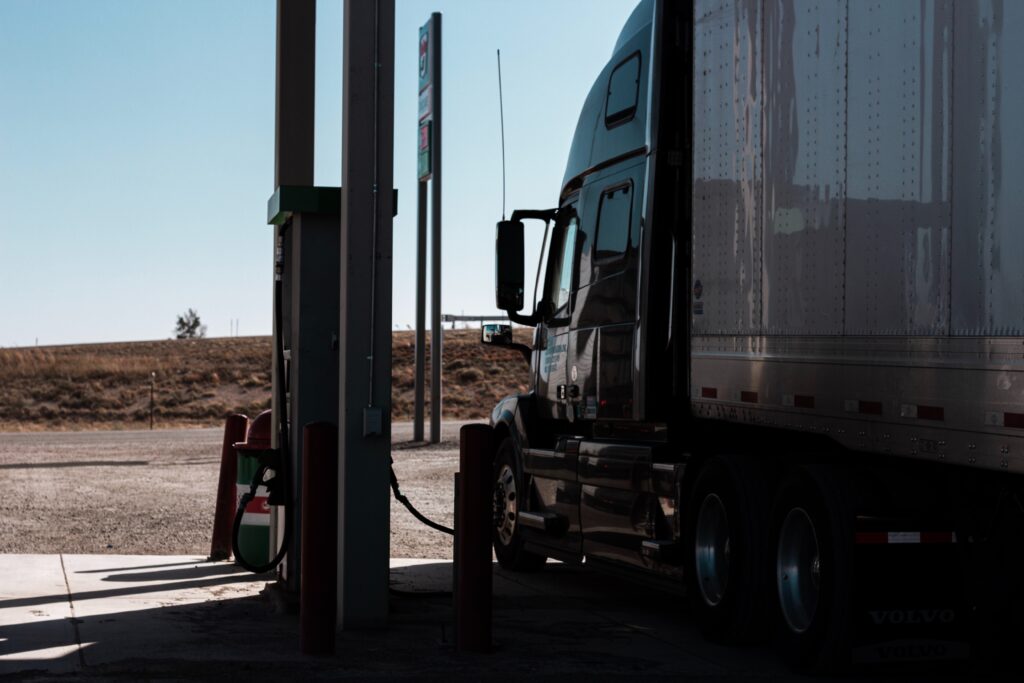
A Better Approach for Calculating Scope 3 Truck Emissions

Measuring Scope 3 Truck Emissions

The Next Shift: Returns and Non-Economic Considerations Take Center Stage








